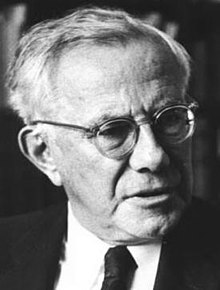
The great mid-20th-century theologian Paul Tillich wrote the words italicized below. They are worth repeating because it seems, reading them, as if Tillich is responding to some of the misguided evangelicals of our day, who want to turn Creation into "intelligent design" and repackage it as "science" for secondary schools.
"Knowledge of revelation does not increase our knowledge about the structures of nature, history, and man. Whenever a claim to knowledge is made on this level, it must be subjected to the experimental tests through which truth is established. If such a claim is made in the name of revelation or of any other authority, it must be disregarded, and the ordinary methods of research and verification must be applied. ...Knowledge of revelation is knowledge about the revelation of the mystery of being to us, not information about the nature of beings and their relation to one another."
SYSTEMATIC THEOLOGY, Vol. 1
Since Martin Luther King day was just less than a week ago, it seems also more-or-less timely to note that King wrote his doctoral dissertation (1955) about the concept of God in Tillich's work, comparing Tillich in this regard to another thinker, the Unitarian Henry Nelson Wieman.
Tillich's comment, up to the final sentence, is unobjectionable, if obvious. But the final sentence makes little sense. The words "Knowledge of" and "knowledge about" serve no purpose; we could replace them with "Ignorance of" and "ignorance about" and the meaning of the sentence would not change. The sentence is saying only that revelation is revelation of the mystery of being to us. But other things may also be revealed. Therefore, all Tillich is saying is that the revelation to which he refers is revelation of the mystery of being to us. But the main problem with the sentence is that Tillich offers no reason why we shouldn't disregard that revelation as we should disregard other revelation, and, like other revelation, subject it to experimental tests.
ReplyDeleteThis comment has been removed by a blog administrator.
ReplyDelete